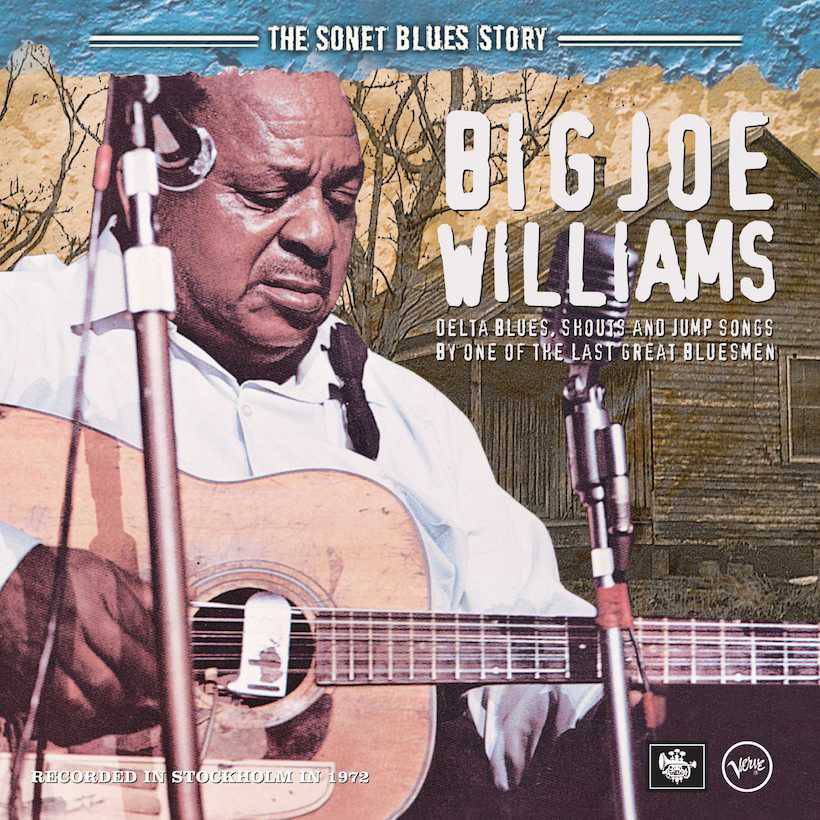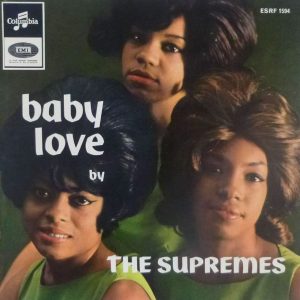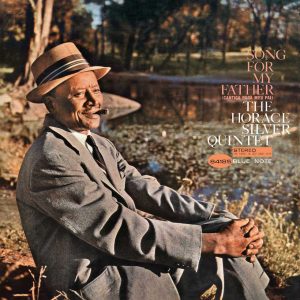Few blues songs have been as frequently covered as “Baby Please Don’t Go”; for many, it is the version by Them, the Irish band that was fronted by Van Morrison. It is a song that has a distinct family tree, one in which the cover versions often covered the covers! Joe Williams recorded the original copyrighted version on Thursday, October 31, 1935, in Chicago, but the song is undoubtedly much older. Not that Williams was the only one to copyright it, there are numerous versions with different writing credits, including one by McKinley Morganfield a.k.a. Muddy Waters.
The 1935 original was issued on Bluebird by Joe Williams’s Washboard Blues Singers. This riotous dance version featured Joe on vocals and guitar along with Dad Tracy on one string fiddle and Kokomo Collins on Washboard. Joe recorded it again for Bluebird in 1941 and in 1947 for Columbia; both records featured the original Sonny Boy Williamson No. 1 on harmonica. The 1947 version had Ransom Knowling on bass and Judge Riley on drums, which gave it the “feel” that featured on most of the subsequent versions.
When Van Morrison went into Decca’s studio in the autumn of 1964 to record “Baby Please Don’t Go” he did so without the rest of Them; Decca decided that they did not want the group on the band’s new single after their first record had flopped. They brought in Peter Bardens to play organ and Jimmy Page to play guitar — a wise move, as the single peaked at No. 10 in the UK early in 1965 and scrapped into the American Hot 100 at No. 93. Van had heard a 1959 John Lee Hooker album that included the song, and he later said, “It struck me as being something really unique and different, with a lot of soul.”
The version by Paul Revere and the Raiders undoubtedly took its lead from Them. Georgie Fame covered it and must have been listening to Mose Allison’s version on “Mose Alive”; Georgie always championed Moses’ work. Muddy Waters 1960 version was recorded at the 1960 Newport Jazz Festival and is taken from the wonderful album “Muddy Waters at Newport.” Lyrically it is similar to Big Joe’s version, but amongst other things he drops the reference to ice cream! Just before James Cotton’s harmonica solo, Muddy says, “Look out Sonny Boy.”
Other versions include one by Tampa Kid – not a misprint of Tampa Red, the more famous blues singer – recorded for Decca in 1936, and sounded passably like his more famous namesake. Check out our playlist for more, sadly Them’s version is unavailable, but for a real down-home version check out Mississippi Fred McDowell.
Hear all of the various interpretations of this blues classic.




